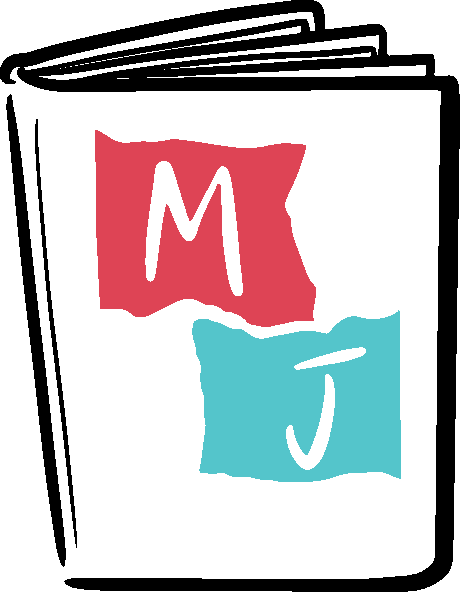Why journal?
Journaling has many positive benefits for our mental health and well-being.
It’s a valuable practice for anyone, not just writers and artists, and journaling can be a super power during times of big change in our lives, like becoming a m/other and parent.
But what is journaling exactly? Its like having a personal space where you can jot down your thoughts, feelings and experiences, almost like a private chat with yourself. It’s about finding clarity in your thoughts and processing emotions from moments in life you might want to spend more time with – both good and bad.
Journaling is super flexible – you can use anything from a fancy diary to scrap pieces of paper, or even your phone’s notes app. No need for special equipment!
You can do it anytime, anywhere. Whether it's early in the morning, late at night, on the bus or during naps, journaling fits into your life. Don't worry if you've never tried it before; we're all naturally creative, and you'll discover your own unique style along the way.
If you’d like to try journaling but don’t know where to begin – you can follow our journaling guides made by leading artists, midwives, therapists, parents and friends in the Maternal Journal community.
Journaling – Just me
‘I feel energised and given permission to find and establish my own space and voice creatively.’
Journaling gives us the chance to check in on good days and bad days and put things into perspective.
It can be private or for others to read too. However you journal, it’s about making a regular creative practice for yourself.
If you want to journal for yourself at home, check out our guided journaling exercises, find inspiration or share your work with the online community.
Image from Amy’s journal, 2018
Journaling with others
‘What I find so brilliant is the honesty of everyone, the mutual respect and interest.’
Journaling with other people brings support and encouragement, similar to women’s making circles throughout history. It creates space for sharing your work and connecting over similar experiences.
You can use our Toolkit and journaling guides to set up your own Maternal Journal group. There are lots of useful links and resources around the website to help you.
"I see the journal as something for me in a time where everything could be about the baby."
A history of journaling
‘We are story-telling experts, and our stories are many.’
Hollie McNish, Nobody Told Me
Journaling was, and still sometimes is, one of the only ways for women to express their personal, political, and social views. Frida Kahlo, Virginia Woolf and Ida B. Wells famously kept diaries throughout their lives, noting their thoughts down on paper with writing and pictures.
Video diaries, blogging and social media are all modern ways to journal.
It can be very empowering to journal, and by creating a regular practice, you are connecting to this feminist tradition.
She was pregnant by Helen Sargeant - watercolour, pencil and ink on paper, 2018
Hollie McNish from Nobody Told Me







